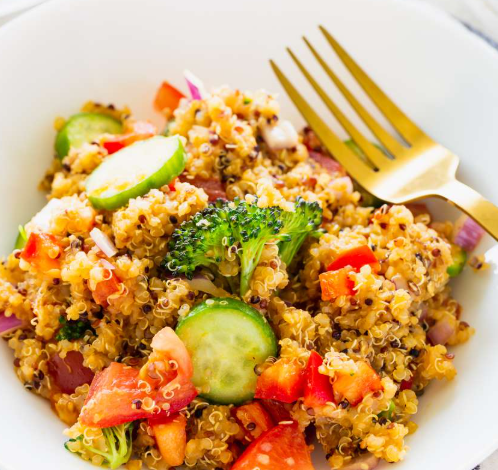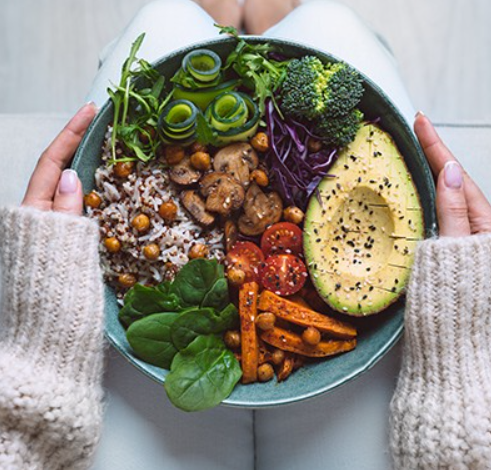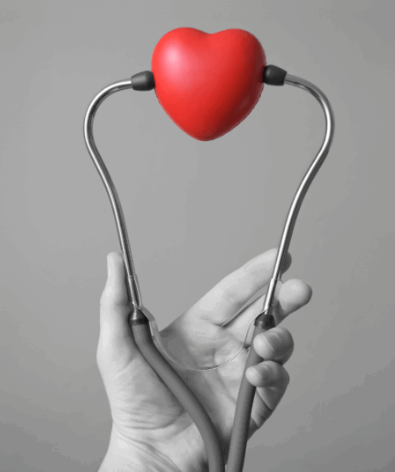
How to Embrace a Plant-Based Diet: What I Wish I Knew From the Start
If you’ve ever thought about switching to a plant-based diet, or if you’ve recently made the change, you’re probably wondering how to make it work for you. Whether you’re new to veganism or just exploring how plant-based eating can fit into your life, you’re not alone. This journey is a powerful one, and I’m excited to share some insights and tips that I wish I had known when I started.
My Journey to a Plant-Based Diet
For me, the decision to transition to a plant-based diet came after a life-changing cancer diagnosis. Before that, I was eating a diet full of processed foods, takeout, and junk food. It was all about convenience, and it wasn’t doing me any favors. When I realized I needed to take control of my health, I looked into nutrition and realized that a plant-based diet could help me not only survive but thrive.
I headed straight for the produce aisle, and while I’ve been a vegan ever since, the journey was more about reconnecting with my body and nourishing it in the best way possible. It wasn’t just about following a vegan diet—it was about respecting my body and giving it the right tools to heal and thrive.
Whether you go fully plant-based or just want to incorporate more plant foods into your diet, the idea is simple: Listen to your body and feed it what makes you feel good. And that’s where the true power of plant-based eating lies.
The Power of Plant-Based Eating
Adopting a plant-based diet offers numerous benefits, but here are the three major ones that stand out the most:
1. It’s Good for Your Health
There’s no shortage of experts telling you what you should or shouldn’t eat. But here’s one thing they all agree on: Plants are good for you. A plant-based diet is linked to a reduced risk of heart disease, high blood pressure, and certain cancers. Vegans, for example, have a 40% lower risk of developing heart disease and a 34% lower risk of high blood pressure. Research also shows that those on a plant-based diet have a lower risk of developing type 2 diabetes.
The benefits of plant-based eating don’t stop at physical health either. A diet rich in fruits, vegetables, and whole grains provides you with essential vitamins, minerals, antioxidants, and other nutrients that support every part of your body.
2. It’s Good for the Environment
The environmental impact of our food choices is becoming clearer every day. The production of animal products generates significantly more greenhouse gases compared to plant-based foods. In fact, beef farming is responsible for a large percentage of deforestation globally.
By choosing more plant-based options, you’re reducing your carbon footprint and supporting more sustainable farming practices. Every small step counts, and the more we reduce our consumption of animal products, the better for the planet.
3. It’s Good for Animals
This is a big one for me. A huge motivation behind my plant-based lifestyle is my desire to reduce animal suffering. Factory farming is a harsh and inhumane reality that many animals face. These animals are often kept in poor conditions, denied proper care, and subjected to painful treatments. Choosing plant-based options helps reduce the demand for such practices and supports a more compassionate way of living.
Tips for Starting a Plant-Based Diet
If you’re wondering how to begin your plant-based journey, or how to make it sustainable, here are some tips I wish I had known when I started:
1. Find Your “Why”
Starting a plant-based diet can be difficult, especially when you face temptations and old habits. Having a strong reason for making the change can keep you grounded when things get tough. Your “why” could be health-related, environmental, ethical, or all of the above.
For me, my “why” was rooted in wanting to take care of my body and contribute to a healthier planet. Knowing why I chose this lifestyle has kept me motivated and focused, even during challenging times.
2. Focus on What You Can Add, Not What You Can’t
So many diets focus on restriction, but a plant-based diet is all about abundance. Instead of thinking about what you can’t eat, think about the colorful, nutrient-dense foods you can enjoy. Fruits, vegetables, whole grains, nuts, seeds, and legumes—these are all delicious, satisfying, and full of life-giving nutrients.
The key is to add in healthy options, and over time, the craving for less nutritious foods will naturally fade. Start by exploring new plant-based meals and snacks, and enjoy the variety and richness they bring to your diet.
3. Don’t Strive for Perfection
Perfection isn’t the goal—progress is. There will be times when you slip up, and that’s okay. You don’t need to beat yourself up for not following a strict regimen. Embrace the journey, not the destination. As you continue, you’ll find a balance that works for you.
Remember, your diet does not define who you are. It’s simply one part of a larger picture. Be gentle with yourself and allow for flexibility in your approach.
Enjoy the Journey
Eating plant-based doesn’t mean you have to be perfect—it means listening to your body and making conscious choices that support your health, the planet, and the animals. Whether you’re vegan or not, eating more plant-based foods is a powerful way to take charge of your health and well-being.
I hope these tips help you as you explore the plant-based lifestyle. Take your time, enjoy the process, and remember that every positive change you make brings you closer to a healthier and more compassionate way of living.






